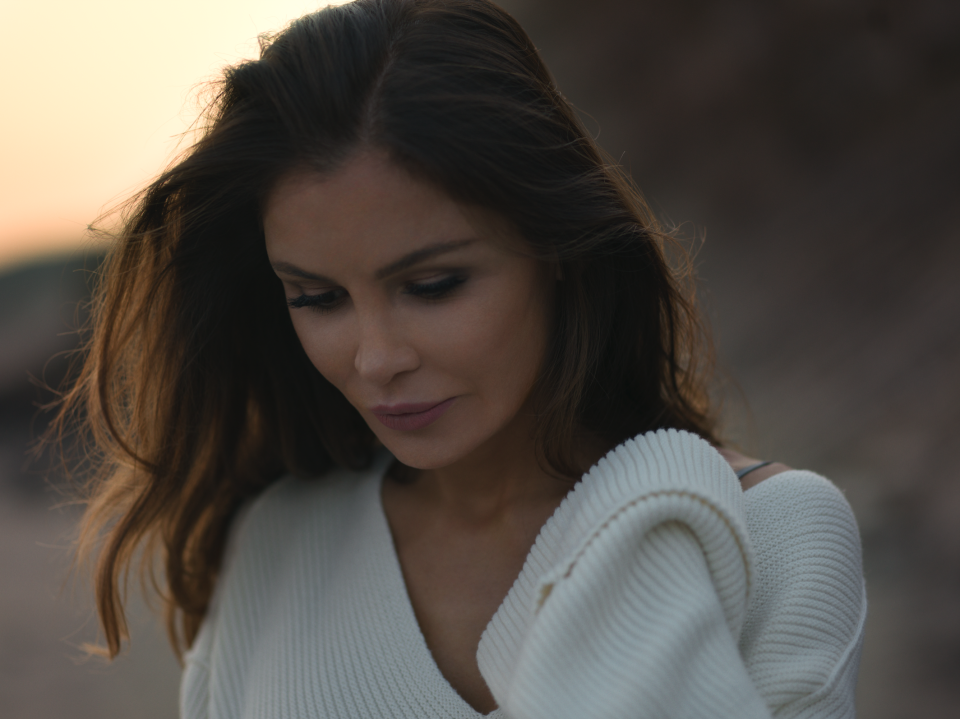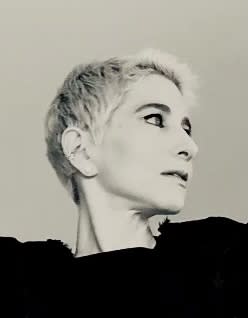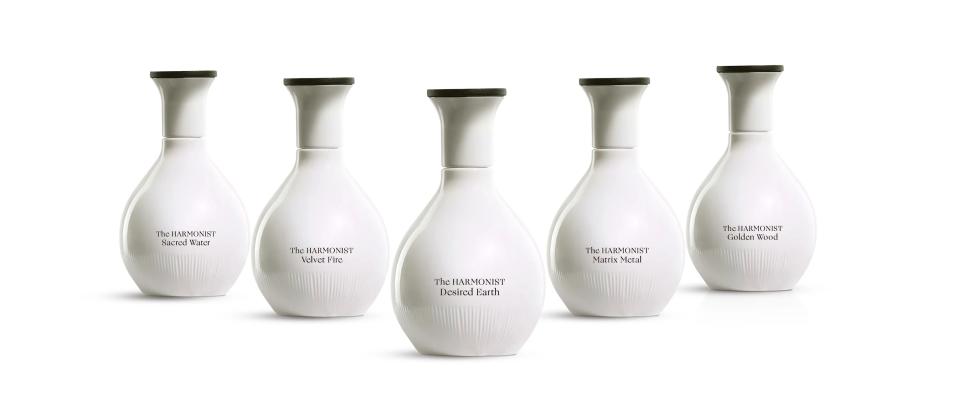How The Harmonist Rebuilt Itself, But Never Lost Its Balance

The Harmonist, the haute fragrance house founded by Lola Tillyaeva in 2016, was forced to reexamine itself during the pandemic — and has emerged anew.
The brand had been solely distributed at Barneys New York before the retailer shut down in late 2019. Then, it branched into the Bergdorf Goodman flagship in New York, plus Bergdorf’s and Neiman Marcus online, shortly before the onset of the COVID-19 pandemic.
More from WWD
When COVID-19 hit, The Harmonist’s chief executive officer Samantha Fink — an LVMH alum who has also worked at Yeezy and Universal Music Group — saw an opportunity. She joined the brand in November 2019, and said that when the pandemic unfolded, she saw a moment “to really press pause and audit the entire business.”


She spent the following months overhauling and repositioning the brand.
“As tragic as the circumstances were, it enabled us to revisit every single touchpoint of our operations and our branding and our product assortment,” Fink said. Hector Muelas and Commission Studio drove the artistic direction — today, each scent is distinguished by a hand-drawn illustration that alludes to the romantic style of the Aesthetic Movement.
“We redefined the brand mission, the DNA and codes, colors of communication, tone of voice, key messaging. We rationalized our visual identity application across all consumer and non-consumer touch points. We did new artistic direction across all channels; a creative overhaul to ensure consistent brand guidelines and focus, especially of the brand’s purpose,” Fink said. “And we also did a complete top to bottom rationalization of the line, as well as our packaging.”
The Harmonist also relaunched a new website at the end of 2020. Today, the business continues to focus on digital, social, e-commerce, retail expansion and point of sale investments, Fink said.

“The only remaining item that is not complete is our candles’ secondary packaging, but that will be coming next year,” Fink said.
The Harmonist was founded by Tillyaeva, the daughter of former Uzbekistan President Islam Karimov who is also the Uzbekistan representative to UNESCO. She had a strong interest in scent from a young age, and it was only amplified when UNESCO brought her to Paris, Fink said.
“She couldn’t find a fragrance that she liked and that lived well on her skin. So she decided to make her own. She partnered with Givaudan from the beginning. People would come up to her and say, ‘Oh, I love what you’re wearing, what is it?’ She started getting a lot of compliments. And then her friends were, like, ‘Well, why don’t you make another one? We would all love to wear one of your fragrance,’” Fink said.
Heeding the call, Tillyaeva sought to differentiate herself within a crowded fragrance market by offering not only appealing perfumes, but also bringing its wearer balance through scent, inspired by the tenets of Feng Shui and the elements water, fire, earth, metal and wood.
“These fragrances are created with absolutely no limits, Fink said. “One way that manifests is through time. If something isn’t right, we just take our time.” Guillaume Flavigny of Givaudan is the perfumer across the line, and Fink said he has “carte blanche” to “use the best quality raw materials on the planet.”
The Harmonist’s fragrances contain more than 50 percent natural raw materials, “sourced from organic and ethical sources, in respect for human beings and nature,” Fink said.
So far, The Harmonists refresh seems to be working. The brand’s sales increased more than four-fold in the U.S. and Canada in 2021, and are also up internationally. Industry sources project The Harmonist will reach $20 million in retail sales in 2023.
The future will not be without pivots, Fink noted, as The Harmonist has paused sales in Russia, its number-two market.
“In terms of the strategy…I’ve watched brands expand very rapidly and saturate markets and not support them properly,” Fink said. “I believe the right way to go about this is to open in the right locations and with the right partners and support those businesses, and make them extremely strong, healthy businesses before expanding.”
Sign up for WWD's Newsletter. For the latest news, follow us on Twitter, Facebook, and Instagram.

